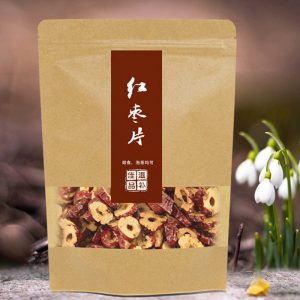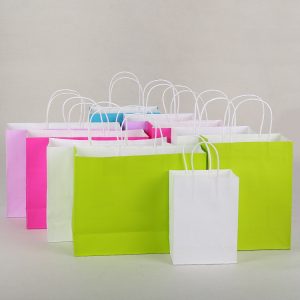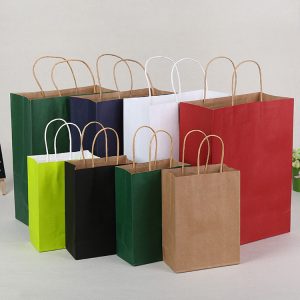Printing process of non-woven environmental protection bag manufacturer
1, the watermark
Its name is derived from its use of water-based elastomer as printing medium. It is common in textile printing and is also called printing. When printing, the color paste and water - based elastic glue harmony. Printing plate without chemical solvents, can be directly washed with water. It is characterized by good coloring power, strong hiding and fastness, water resistance and basically no odor.
2. Film covering printing
Products processed in this way are generally called multi-film non-woven environmental protection bags. This process is divided into two steps, that is, the traditional gravure printing process is used to print the text and text on the film, and then the film laminating process is used to compound the film with pictures on the non-woven fabric. General large area colorful picture printing non-woven environmental protection bags are used in this process. It is characterized by exquisite printing, full selection of machine production, short production cycle. In addition, the product has excellent waterproof function, and the durability of the product is better than the non-woven environmental protection bag produced by other processes. The film is available in bright light and matte light with matte effect. The drawback is that it conflicts with the concept of environmental protection because the film is difficult to degrade.
3, heat transfer
Thermal transfer printing belongs to special printing in printing. This way manufacturers need intermediate medium, that is, the first graphic printing to heat transfer film or heat transfer paper, and then through the transfer equipment heating picture transfer to non-woven fabric. Heat transfer film is commonly used in textile printing. Its advantage is: the printing is exquisite, has the rich level edition, can rival the photograph. Suitable for small area colorful image printing. The drawback is that the price is high and the printing cost is high.


